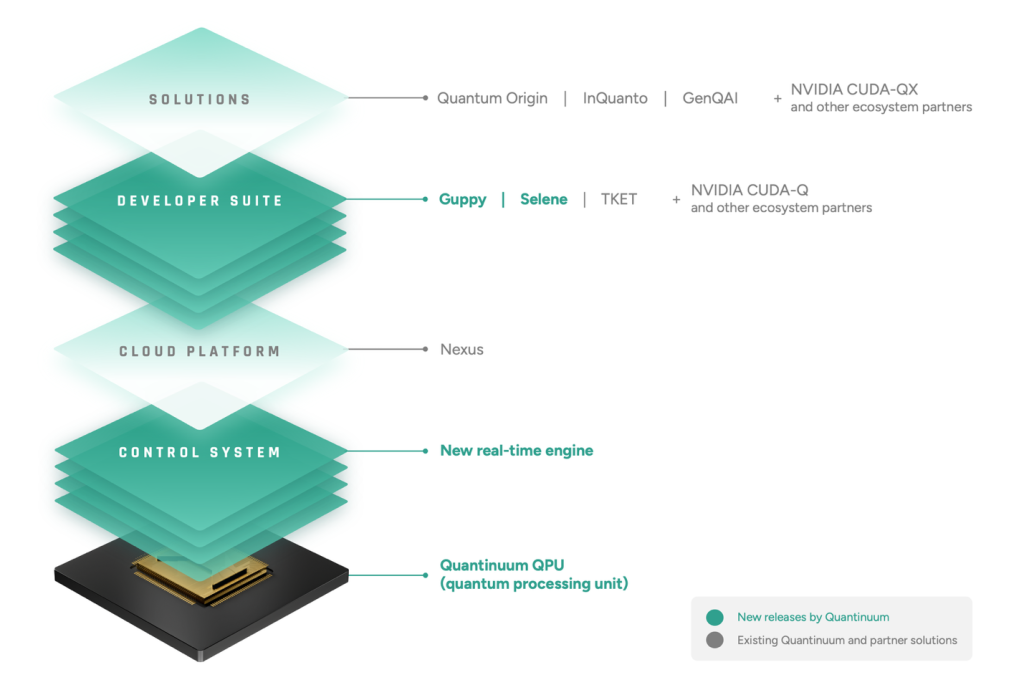The founder’s journey is often painted as a glorious, non-stop sprint to the finish line. The reality? It’s more like a marathon through a foggy, unpredictable mountain range—with no map. The pressure is immense, the isolation is real, and the emotional toll can be devastating.
Honestly, we talk a lot about burn rates and runway, but we whisper about burnout and breakdowns. It’s time to change that. Let’s dive into the mental health support systems that can actually help founders not just survive, but truly thrive.
The Invisible Weight of the Founder’s Hat
You know the feeling. The 3 a.m. panic. The crushing weight of responsibility for your team’s livelihoods. The constant, nagging fear of failure. This isn’t a sign of weakness; it’s a sign you’re carrying a massive load.
Founder mental health challenges are unique. You’re not just an employee. Your identity is tangled up with your company’s success. When things go wrong—and they will—it doesn’t just feel like a professional setback. It can feel like a personal failure.
Why Traditional Support Often Falls Short
Well, telling a founder to “just take a vacation” is like telling someone on a sinking ship to admire the view. It misses the point entirely. Generic therapy can help, sure, but a therapist who doesn’t understand cap tables, fundraising frenzies, or the specific loneliness of command might not hit the mark.
You need support that gets the context. The ecosystem.
Building Your Personal Support Stack
Think of your mental well-being like your tech stack. You wouldn’t rely on a single, outdated tool to run your entire business, right? So why do it for your mind? You need a layered, integrated system.
1. The Inner Circle: Founders Therapy and Executive Coaching
This is your core infrastructure. We’re talking about specialized professionals.
| Support Type | What It Is | Best For |
| Founder-Specific Therapist | A licensed therapist who specializes in the startup world. | Processing anxiety, depression, trauma, and the deep emotional rollercoaster. |
| Executive Coach | A guide focused on performance, leadership, and strategic thinking. | Navigating high-stakes decisions, improving communication, and managing stress proactively. |
Many founders benefit from having both. The therapist helps you heal the wounds; the coach helps you build the armor. It’s a powerful one-two punch for entrepreneurial mental wellness.
2. The Peer Network: You’re Not in This Alone
Isolation is a founder’s silent killer. The most potent antidote? Connecting with people who are in the trenches with you.
- Founder Peer Groups: Small, curated, confidential groups that meet regularly. This is where you can be brutally honest without fear of judgment.
- Mastermind Groups: Slightly more structured, often focused on solving specific business problems, which indirectly relieves mental pressure.
- Informal “Venting” Sessions: Sometimes, you just need a 15-minute call with a founder friend who gets it. That’s a valid support system, too.
3. Foundational Habits: The Boring (But Critical) Stuff
You can’t out-therapy a complete lack of sleep or a diet of cold pizza and regret. Your physical health is the bedrock of your mental resilience.
We’re talking about the non-negotiables:
- Sleep: It’s not a luxury. It’s a strategic advantage. Poor sleep amplifies anxiety and kills cognitive function.
- Movement: You don’t need a two-hour gym session. A 20-minute walk can work miracles for clearing your head.
- Nutrition: Fuel your brain. It’s running a multi-million dollar operation, after all. Treat it with respect.
- Digital Detox: Constant notifications and blue light are a recipe for burnout. Set boundaries with your devices.
Creating a Mentally Healthy Startup Culture
Here’s a thought: your own mental health is deeply connected to the culture you build. A toxic environment will eventually poison you, too. Building a culture of well-being isn’t a soft skill—it’s a competitive edge.
How do you start?
- Be Vulnerable (Strategically): You don’t have to share your deepest fears at an all-hands meeting. But admitting “This is a tough challenge, and I’m feeling the pressure” gives your team permission to be human, too.
- Model Boundaries: If you’re sending emails at midnight, you’re implicitly demanding your team do the same. Take your vacation days. Leave the office on time sometimes. Your actions set the tone.
- Invest in Resources: Provide access to mental health support for startup employees. Offer subscriptions to meditation apps, provide a stipend for therapy, or bring in wellness workshops. This shows you care about the whole person.
When It’s More Than Just Stress
Let’s be clear. There’s a difference between stress and a clinical condition. It’s crucial to recognize the red flags for more serious issues like clinical depression or severe anxiety.
Watch out for:
- Persistent feelings of hopelessness or worthlessness.
- Inability to find joy in things you once loved.
- Major changes in sleep or appetite that last for weeks.
- Thoughts of self-harm or harming others.
If you’re experiencing this, please, reach out to a medical professional immediately. This is beyond a peer group or a meditation app. This is about getting the urgent, professional mental health support for entrepreneurs that you need.
The Final Takeaway: Resilience is a System, Not a Trait
We often glorify the founder who pushes through, who never shows weakness, who “grinds” at all costs. But that narrative is broken. It’s a one-way ticket to burnout.
True resilience isn’t about being a rugged individualist. It’s about being a smart architect. It’s about building a robust, multi-layered support system around you—one with professional help, genuine peers, and healthy habits.
The most radical, disruptive thing you can do for your business might just be to prioritize your own well-being. Because a healthy founder builds a healthier company. And that, in the end, is a much stronger foundation for success.




